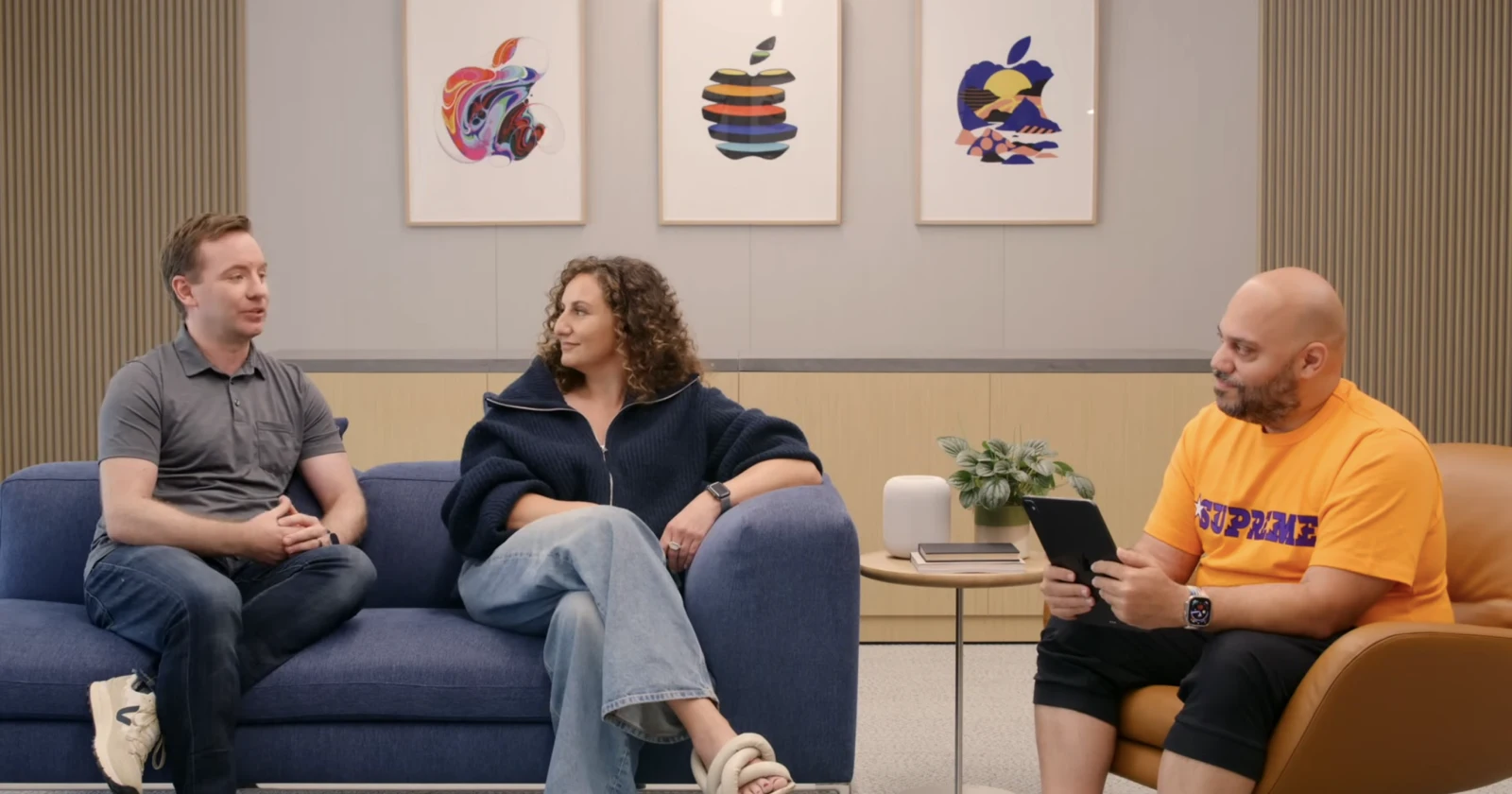In a recent interview with YouTuber creator Andru Edwards, Apple’s privacy leaders Katie Skinner and Sandy Parakilas shed light on the company’s unwavering commitment to user privacy. As Apple’s User Privacy Engineering Manager and Privacy Product Marketing Lead respectively, Skinner and Parakilas offered valuable insights into how Apple approaches data protection across its product ecosystem.
At the core of Apple’s philosophy is the belief that privacy is a fundamental human right. This ethos, rooted in Steve Jobs’ vision, guides the company’s approach to product development and data handling. “We think about privacy as a right, and we use that thinking to inform everything we build and everything we do,” Parakilas explained.
Apple’s privacy strategy revolves around four key pillars: data minimization, on-device intelligence, transparency and control, and security. These principles are applied from the earliest stages of product development, with privacy teams involved in the ideation process alongside engineering teams. This approach ensures that privacy considerations are built into products from the ground up, rather than added as an afterthought.
One of the most significant revelations from the interview was Apple’s stance on data collection. While the company does collect some user data to improve its products and services, it adheres strictly to the principle of data minimization. Users are given clear choices about what data they share, and Apple only collects information that is necessary for specific tasks.
The interview also addressed common misconceptions about privacy, particularly regarding voice assistants and facial recognition technology. Skinner emphasized that Apple does not eavesdrop on users through their devices, and that Face ID data never leaves the user’s device. These clarifications highlight Apple’s commitment to transparency and debunking privacy myths.
Apple’s recent announcements at WWDC, particularly regarding Apple Intelligence, raised some eyebrows in the privacy community. However, Skinner and Parakilas were quick to explain the privacy safeguards built into these new features. The semantic index, which powers many of Apple Intelligence’s capabilities, is encrypted and stored on-device, protected by advanced security mechanisms.
The integration of ChatGPT into Apple Intelligence was another topic of discussion. Apple has implemented strong privacy measures for this feature, including giving users control over data sharing, not storing data sent to ChatGPT, and obscuring IP addresses to prevent session linking.
Apple’s new Passwords app was highlighted as an example of the company’s ongoing efforts to improve user security. The app consolidates years of password management features into a user-friendly interface, offering capabilities like two-factor authentication and warnings about compromised passwords.
The interview also touched on Apple’s approach to contact sharing, a topic that has long been a privacy concern. While acknowledging the complexity of the issue, Parakilas emphasized Apple’s commitment to giving users more granular control over their data. The new selective contact sharing feature in iOS 18 is a step in this direction, allowing users to share only specific contacts with apps.
Apple’s stance on government requests for backdoors was also addressed. The company maintains its position that creating such access points would fundamentally undermine user privacy and security. This stance underscores Apple’s commitment to protecting user data, even in the face of pressure from authorities. Speaking of which, Apple’s security even stops Cellebrite’s brute-force unlocking in its tracks.
Looking to the future, both Skinner and Parakilas hinted at Apple’s ongoing efforts to enhance privacy features. They emphasized the company’s commitment to continuous improvement and adaptation to new privacy challenges as they emerge.
The interview concluded with a discussion of Apple’s new accessory pairing feature, which aims to simplify the setup process for smart home devices while limiting unnecessary data access. This feature exemplifies Apple’s approach to balancing user convenience with robust privacy protections.
Throughout the interview, it became clear that privacy is not just a feature for Apple, but a core value that permeates every aspect of its product development and corporate culture. As Skinner put it, “We really believe that you have to build privacy from the start.”
Here’s the full interview:
TechIssuesToday primarily focuses on publishing 'breaking' or 'exclusive' tech news. This means, we are usually the first news website on the whole Internet to highlight the topics we cover daily. So far, our stories have been picked up by many mainstream technology publications like The Verge, Macrumors, Forbes, etc. To know more, head here.



Алекс05-08-2024
Вставити передню часпину >>Insert the front patch
Reply